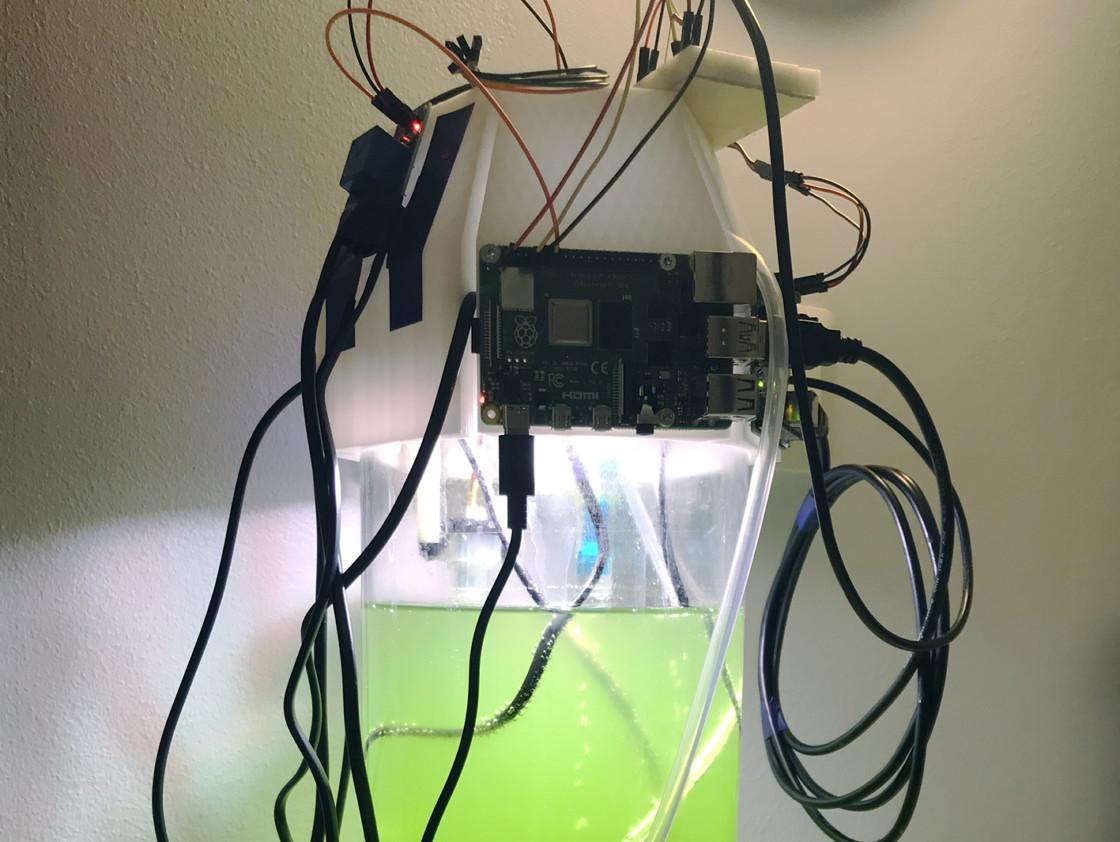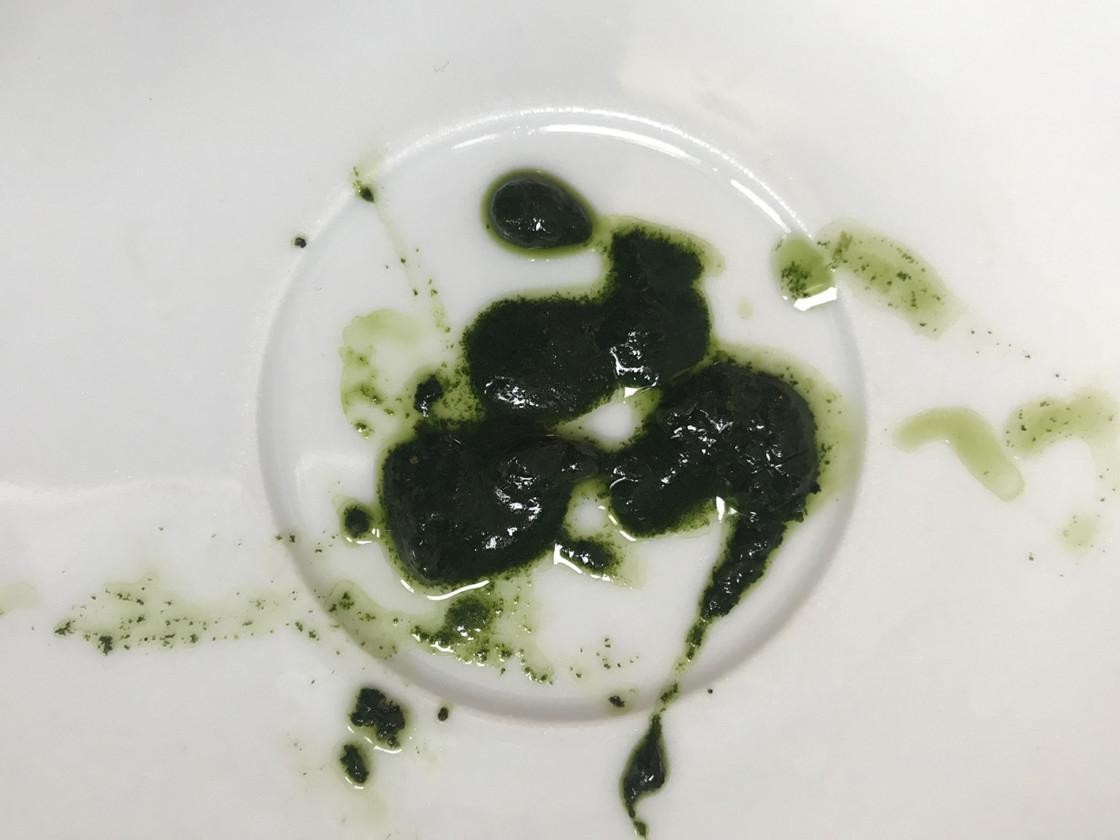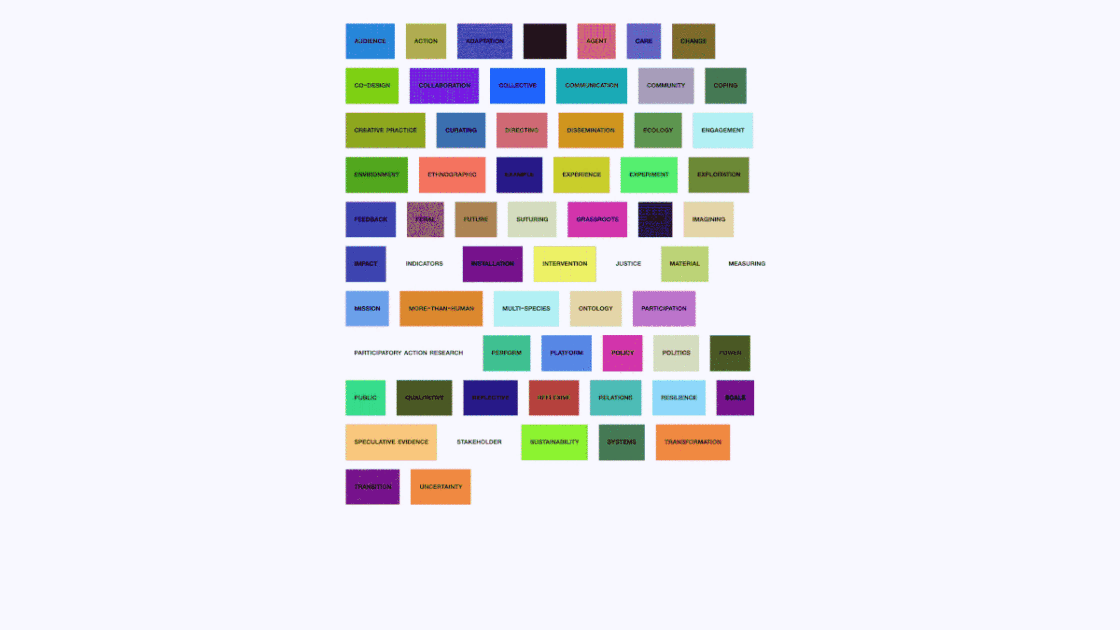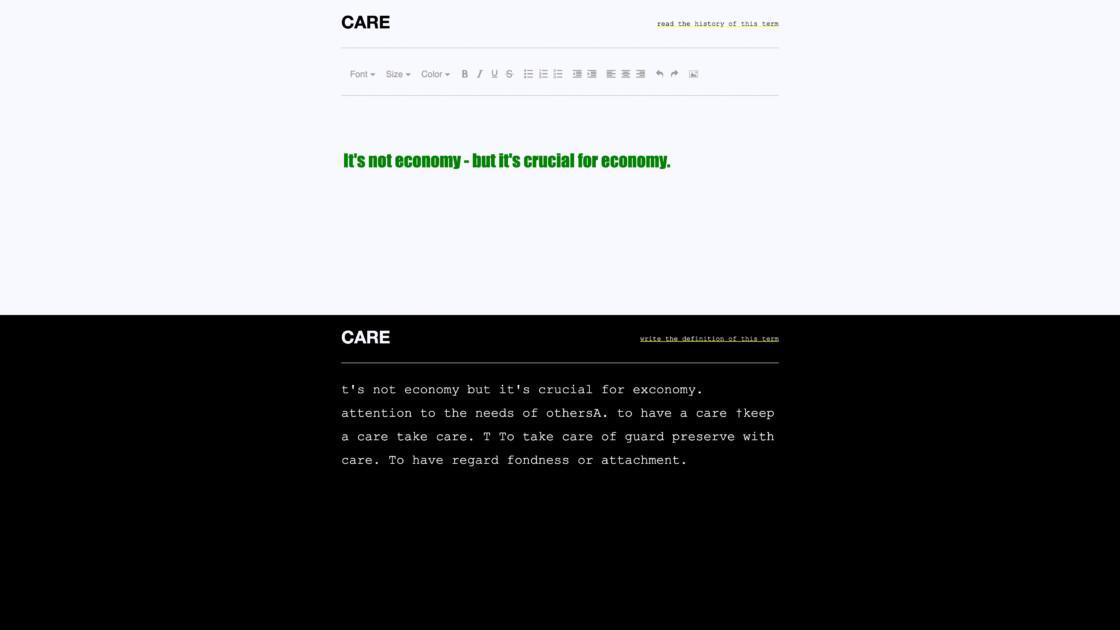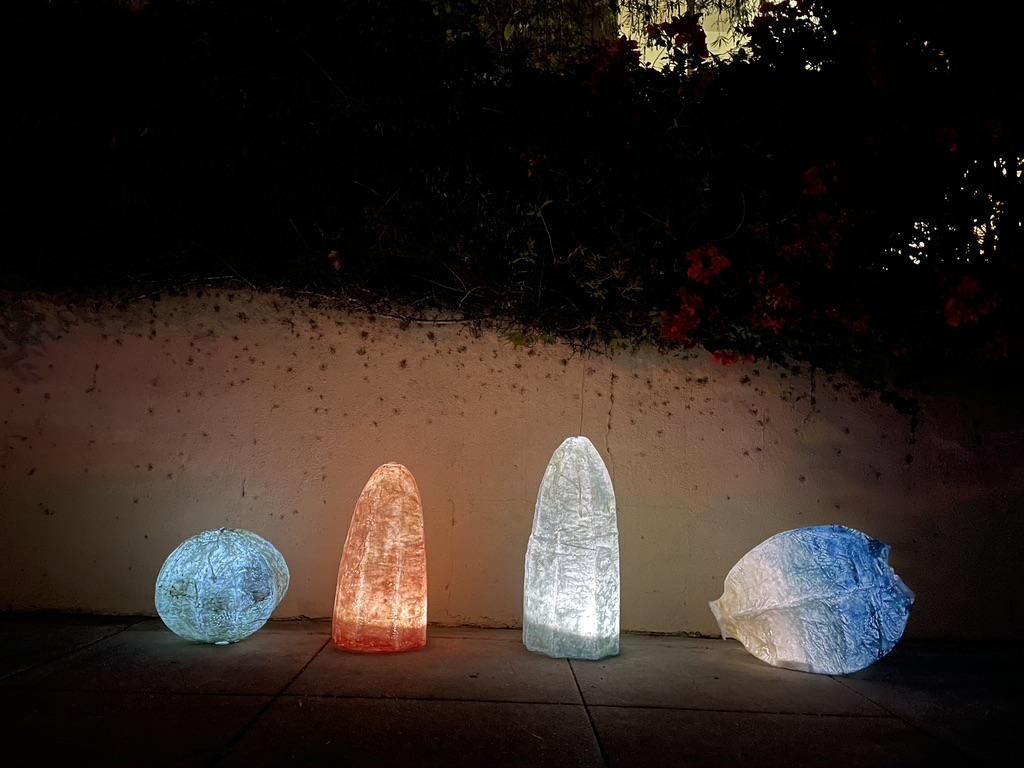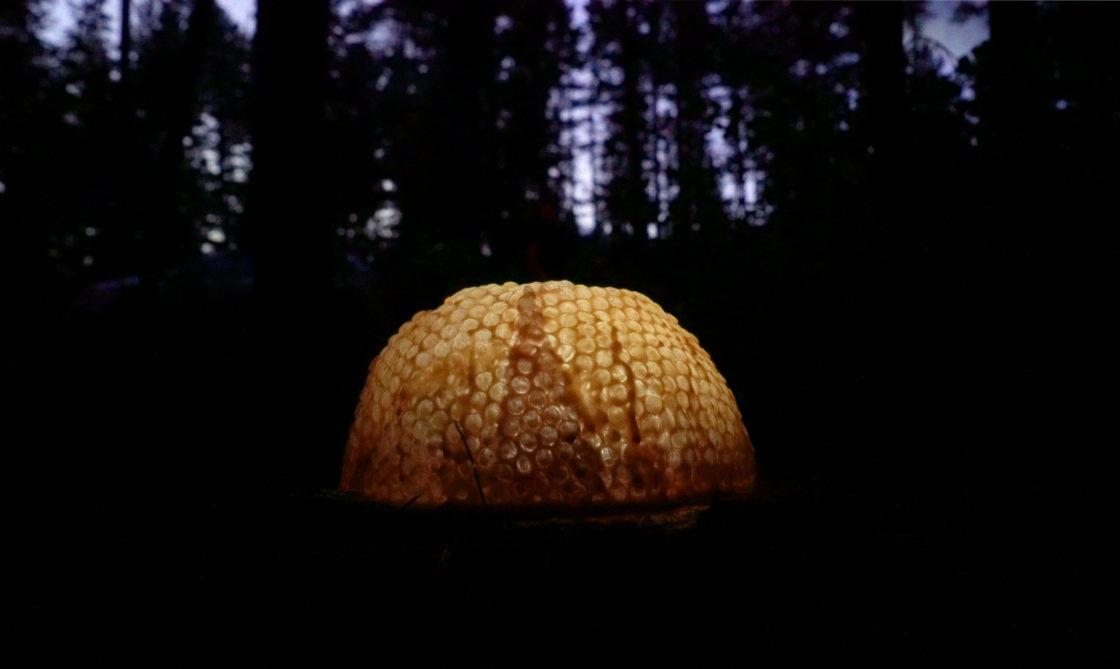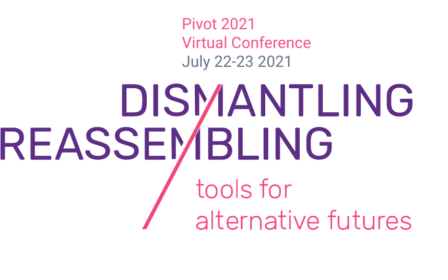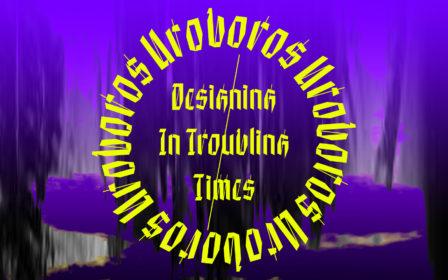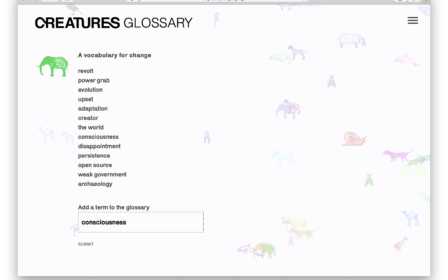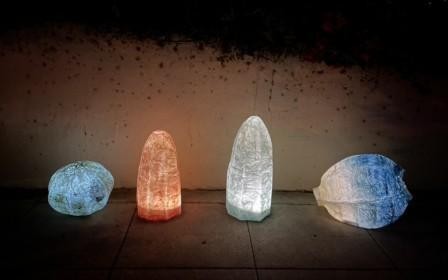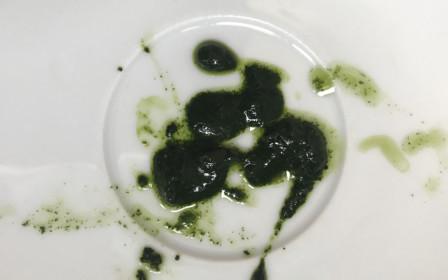The CreaTures are excited to partner with the Uroboros Festival 2021 and organise a festival track on Feral Creative Practices 🐝🦠🌲.
Feral: experimental, more-than-human, foraged & rummaged, regenerative, edible & compostable, un-following recipes, down-to-earth, slimy, rural & miscellaneous, forgotten, made invisible, stray but not lost, wilfully wild.
The Feral Creative Practices track proposes embodied, sensory-rich design and art experiments at the scale of our bodies as a starting point for co-creative inquiry into large-scale social and ecological issues. Leveraging everyday materials like soil, compost, edibles and microbial cultures, these craft-full more-than-human experiments can be both mundane and surprising; grounding and exhilarating. All of them involve our bodies as familiar ‘places’ from where processes of thinking, imagining, reflection and action commonly unfold.
Grounded in embodied and situated ideation, these experiments can serve as a relatable entry point for co-creative explorations of larger societal issues that are hard to grasp. The Feral track is committed to a speculative, open-ended mode of exchange, and does not aspire to provoke immediate solutions to any of these issues. Rather, it seeks to help unfold new social imaginaries and ‘arouse an appetite for what might be possible’ (Haraway, 2011), as the first humble step in supporting transformative change towards futures in which all creatures can flourish.
🌿 The Feral Creative Practices track includes the following events:
Nocturne Altar Hack: Wild Designs for New Eco-rituals workshop by Isabelle Beavers
Cyano Automaton workshop by Agnieszka Pokrywka
CreaTures Glossary workshop by Amira Hanafi
Feral Ways of Knowing and Transformation workshop by Markéta Dolejšová, Cristina Ampatzidou, Jaz Hee-jeong Choi and Andrea Botero
Learning Feral Ways of Transformation student workshop by Andrea Botero, Jaz Hee-jeong Choi, Cristina Ampatzidou and Leonardo Parra Agudelo
Feral Creative Practices discussion panel with various creative practitioners and researchers to close the festival track
🌿 The Feral Creative Practices track further presents project curated by our friendssss at the Uroboros festival:
A Practical Guide to Ecomancy for the Digital Age – series of 3 workshops by the Crawlers:
Pig Mourning Ceremony – online gathering by Iryna Zamuruieva / Elliot Hurst
Anything-but-human – Mapping Islands, Drawing Care – workshop by City as a Spaceship
Scaling Bodily Fluids for Utopian Fabulations through Collage-Making – Workshop by Nadia Campo Woytuk / Marie Louise Juul Søndergaard / Karey Helms
🐝 To register for any of the events in the Feral Creative Practices track, visit the Uroboros 2021 festival website. You can find the whole program here.
The Feral Creative Practices track convenors are: Markéta Dolejšová, Cristina Ampatzidou, Andrea Botero & Jaz Hee-jeong Choi
The Uroboros festival is a hybrid experimental inquiry into the transformative potential of design research and practice. The festival’s main theme Designing in Troubling Times is inspired by the ambiguous symbol of Uroboros – a serpent devouring itself and changing its form in an eternal cycle of re-creation, using its own body as fuel. The circular and cyclical Uroboros captures the ambiguity of present technologies and designs for the troubling and troubled times that we are living in. The serpent represents the mythological origins of all our technological promises about eternal returns and the search for utopia. Asking what design can do to support positive change, the festival explores the cyclical processes of design imagination, innovation, failure and return.
CreaTures project has received funding from the European Union’s Horizon 2020 research and innovation programme under grant agreement No 870759. The content presented represents the views of the authors, and the European Commission has no liability in respect of the content.
